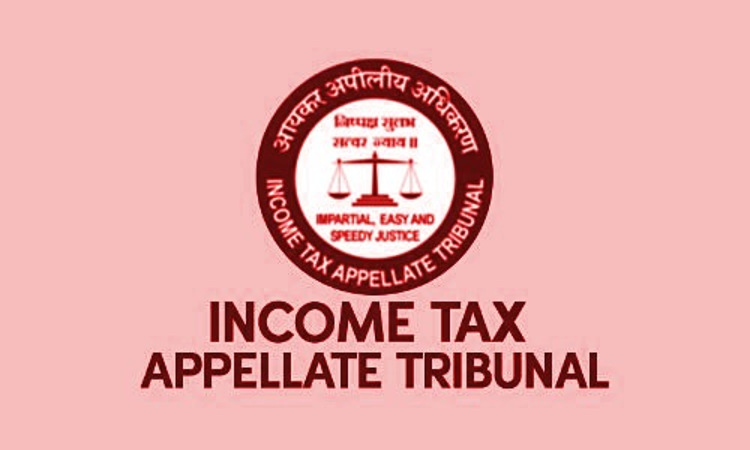Benefits Of India- Mauritius DTAA Available To Collective Investment Vehicles: ITAT
Mariya Paliwala
11 Jun 2023 11:03 AM IST

Next Story
11 Jun 2023 11:03 AM IST
The Delhi Bench of the Income Tax Appellate Tribunal (ITAT) has held that the benefits of the Double Taxation Avoidance Agreement (DTAA) are available to collective investment vehicles.The bench of Saktijit Dey (Judicial Member) and Dr. B. R. R. Kumar (Accountant Member) has observed that the TRC is statutorily the only evidence required to be eligible for the benefit under the DTAA, and...
